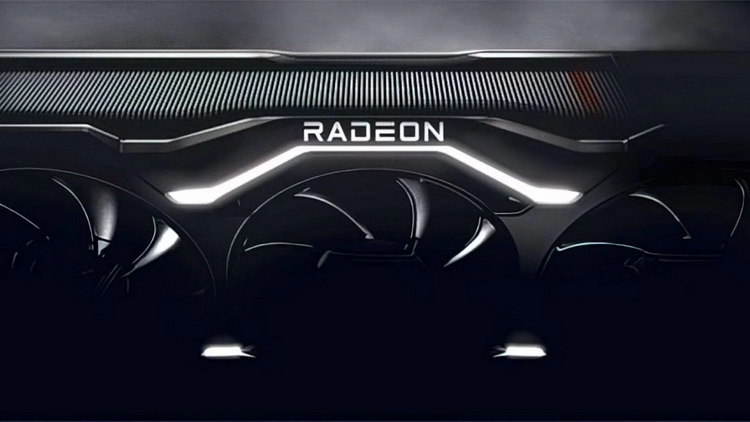Along with the announcement of Instinct MI200 gas pedals and Milan-X processors AMD also boasted about its success in the server market & ; more than 200 million EPYC cores delivered to customers & ; and talked a bit about future Genoa and Bergamo server processors based on next generation Zen 4 cores.
During the spring announcement of the EPYC Milan, the company said that the then-new processors had already managed to set more than 200 performance records in various workloads. Now there are a quarter more. But more importantly, the entire top ten of the world's largest hyperscalers now use EPYC processors. The latest to join is Meta (formerly Facebook), which has been using Intel solutions for years, including specific Cooper Lake-SPs. Another significant win & ; the adaptation of SAP S4/HANA, including the cloud version. Unlike the upcoming Milan-X, which is more focused on the HPC-sector, it is the cloud segment that will be one of the key ones for the next generation of EPYC. AMD is preparing separate chips for it. In addition to the more traditional Genoa, there will be the Bergamo family, which will be noticeably different in «silicon». And this is an important step for the company, because previously it was the unification of cores as building blocks that allowed AMD to efficiently scale its solutions without unnecessary costs. Both Genoa and Bergamo will use TSMC's 5nm process, which should double the transistor density and power efficiency compared to the current 7nm. Both families will get the «gentleman's kit» of DDR5, PCIe 5.0 and CXL 1.1. Moreover, they will be socket compatible, and even their underlying architecture will be the same & ; Zen4. But the maximum number of cores will be different. AMD EPYC Genoa will have up to 96 «regular» Zen4 cores, but Bergamo & ; up to 128, but «cloud» Zen4s (suffix c just means cloud). Functionally, both types of cores should be identical, but in order to pack more of them into one and the same volume, you'll probably have to go for some tricks. So far, only the optimized cache hierarchy in terms of density and increased energy efficiency are mentioned directly. Most likely, the changes will affect the I/O-chip, as well as the overall heat pack.
Cloud providers have their own requirements for power consumption, performance, compute density, scalability (primarily horizontal), fault tolerance, etc. Bergamo may never make it to the open market. After all, vendors are still releasing special SKUs at the request of hyperscalers. How it will actually be, we will soon find out. AMD EPYC Genoa will appear in 2022, and Bergamo is scheduled for release in the first half of 2023.


0 Comments